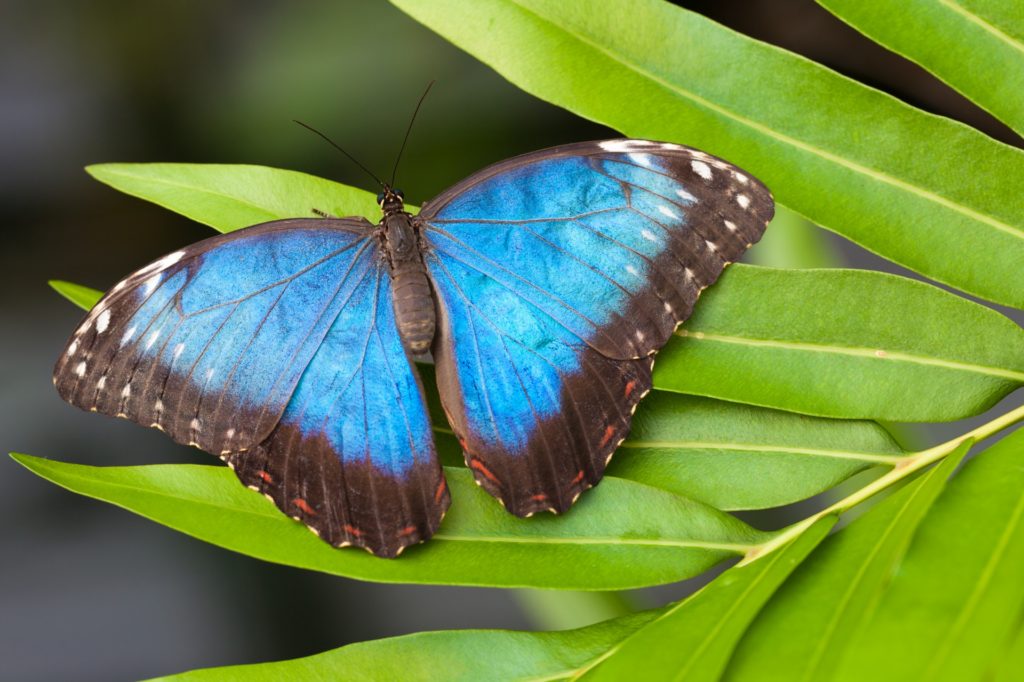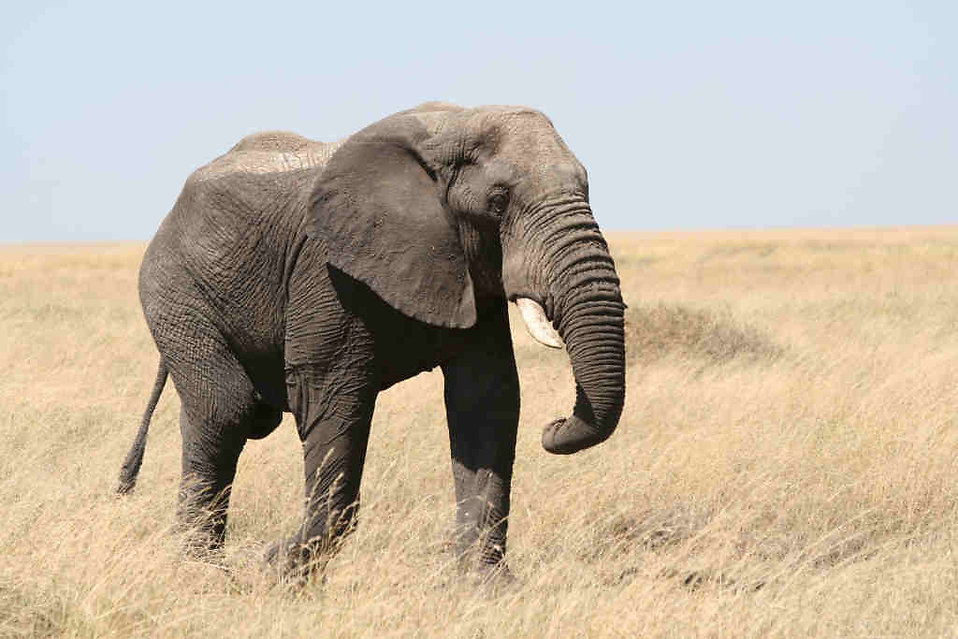What would the world absent of wildlife look like? We might think of a morning without the chiming song of birds, an ocean without whales spouting blasts of sea water beside ships, or a forest without the heart-stopping calls of chimpanzees. This is a world we cannot imagine, because it is one we should not imagine. Today, on World Wildlife Day, we stand up together to make sure this incomprehensible possibility of horrific loss of plants and animals is prevented entirely. From butterflies to bears, from turtles to tasmanian devils; All living things deserve to live and stay wild.

On March 3rd, the United Nations declared a day to raise awareness for the delicate situations pertaining to the protection of our global heritage of wildlife. It is one day we celebrate – though the call to act on behalf of our natural world of animals and plants is more urgent than ever, and must be carried throughout the year. For not only will a world devoid of wildlife be an unbearable one, it will be one that causes the collapse of all living things and the millions of ecosystems of which we are a part and rely on as fellow animals and human beings. This we cannot allow.
Dr. Goodall and JGI have a message for everyone to encourage our persistence in this fight:
Dr. Goodall and JGI have always realized the potential and magnificence of youth when they are listened to and supported in starting something of their own. Nearly one quarter of the world’s population is between 10 and 24, and as they become the leaders and thinkers of tomorrow, we must give them the space to envision the world they want and evaluate the best ways to create that future. Through our Girl’s Scholarships and gender and health initiatives, we are focusing on ways to improve the lives of young people by providing the tools and resources to self start and live in harmony with wildlife in key conservation sites. Most essentially, we have been growing and evolving Jane Goodall’s Roots & Shoots, a youth lead program which invigorates young people from nearly 100 countries to examine the problems in their communities on a local and global scale, and to build projects to make a tangible difference for people, animals, and the environment. With these voices, ours, and your own, we will develop the best ways forward to protect our world, and all of its precious wildlife.

We Can Make a Difference
100 years ago, there were over one million chimpanzees in their range in Africa. Today, there are only 340,000 in the entire world. Other species are faltering as well, like the mountain gorilla which is teetering on the edge with a population of only 880 individuals (WWF). The California Condor, North America’s largest land bird, was extinct in the wild until their reintroduction in 1992, and today, their numbers are only in the 200s (Defenders). Stories like these are the unfortunate norm, due to poaching, agricultural land use and removal of habitat, climate change, and a barrage of other factors. What is also the norm, thankfully, is our efforts to save global wildlife. Below are a list of our top 15 stories from Dr. Goodall and JGI about people turning these numbers around, and ways to remain hopeful in the endeavor to protect wildlife.
- Pangolins – A Lucky Day: World Pangolin Day
- Puerto Rican Parrots – The Puerto Rican Parrot: Rescued from Extinction
- Elephants – The Ivory Game & China’s New Year Commitment to End the Ivory Trade
- Lions – The First Time I Saw a Lion
- Frogs – World Frog Day: A Story About Saving One of the World’s Rarest
- Primates – The Hope for Primate Conservation
- Pandas – IUCN Congress: Giant Pandas are Conservation Symbol of Success
- Forests – JGI’s One Good Story: Engineering a Forest
- Oceans – We Live on a Water World, and We Must Protect it
- Wolves – Mexican Grey Wolves: The Endangered Wolf You’ve Never Heard Of
- Rhinos – The Truth About the Fate of Rhinos: The Blood Rhino Blacklist
- Turtles – Sea Turtles Find Their Way Home Thanks to Mady
- Orangutans – Humans of the Forest, Losing Their Forest
- Grizzly Bears – Grizzly Bears Still Need to be Protected
- Chimpanzees – Rescued Chimps Find a Forest Home Together at Last
Ways to get involved:
To learn more about our programs to save great apes and other wildlife visit here.
Share your stories of hopeful species conservation using #HopeforAnimals tagging @janegoodallinst.

The Jane Goodall Institute is a global community conservation organization that advances the vision and work of Dr. Jane Goodall. By protecting chimpanzees and inspiring people to conserve the natural world we all share, we improve the lives of people, animals and the environment. Everything is connected—everyone can make a difference.







